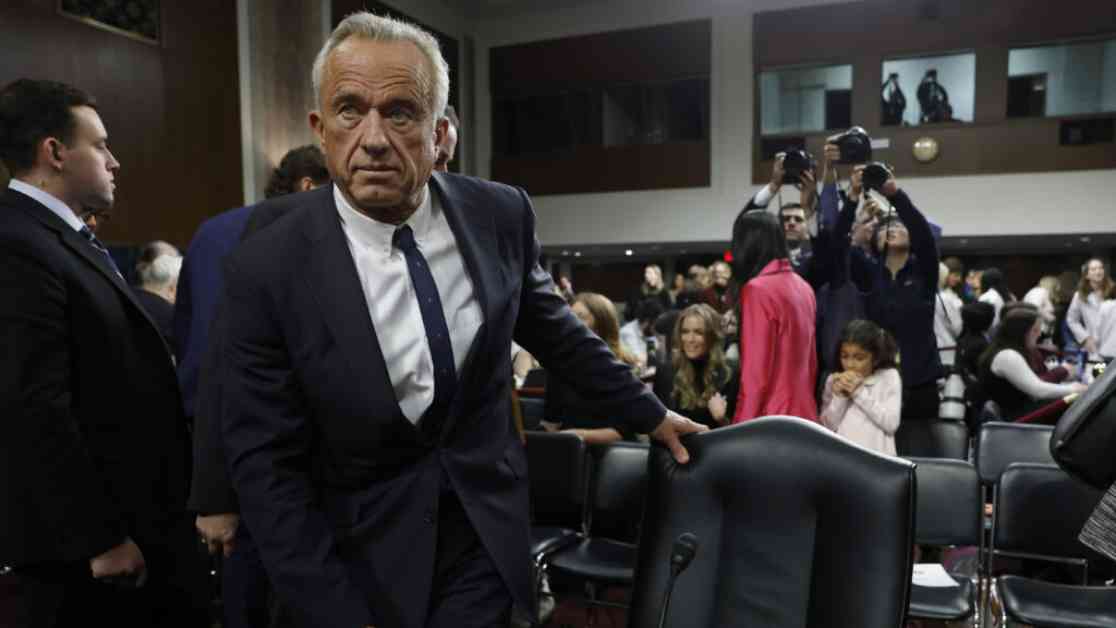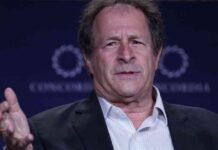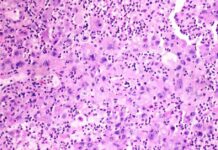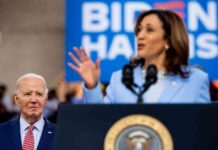In an unexpected turn of events, Louisiana Republican Bill Cassidy, a doctor who has treated patients with vaccine-preventable illnesses, has shifted from a skeptic of Robert F. Kennedy Jr. to his advocate in the movement for Making America Healthy Again (MAHA). This transformation culminated in Cassidy’s crucial vote in the Finance Committee, setting the stage for Kennedy’s potential confirmation as the health secretary by the full Senate.
RFK Jr.’s ascension to this pivotal role marks a significant milestone in a journey filled with twists and turns, defying traditional norms and challenging ideologies. Despite his unconventional background, including a lack of governmental or health-related experience, his past involvement in promoting pseudoscientific theories, and a closet full of controversies, Kennedy has emerged as a formidable force in the realm of public health policy.
The MAHA movement, a diverse coalition encompassing wellness advocates, concerned parents, anti-vaccine proponents, supporters of raw milk consumption, and ordinary citizens from various walks of life, has rapidly gained momentum within a relatively short timeframe. Its growing influence has positioned it as a key player in shaping the landscape of healthcare policy in the United States, transcending the actions of RFK Jr. himself.
Unveiling the Unconventional Path
Robert F. Kennedy Jr.’s journey to the forefront of the MAHA movement has been anything but conventional. Despite lacking the typical credentials expected of a high-ranking health official, his charisma, passion, and unorthodox approach have captivated a diverse audience, drawing supporters from different segments of society. The allure of his message, rooted in a desire to revolutionize the nation’s health landscape, has resonated with individuals seeking alternative perspectives on wellness and healthcare.
Throughout his career, Kennedy has been a controversial figure, known for his vocal advocacy on issues ranging from environmental conservation to vaccine safety. While his views have often sparked debates and polarized opinions, his unwavering commitment to championing causes he believes in has earned him a dedicated following. The MAHA movement, with its emphasis on holistic health, natural remedies, and individual autonomy in healthcare decisions, has struck a chord with many who feel disenfranchised by the current healthcare system.
Implications for Health Policy
As the MAHA movement continues to gain traction and influence, its potential impact on national health policy cannot be underestimated. While RFK Jr. may serve as its public face, the collective voice of MAHA supporters carries significant weight in shaping the direction of healthcare initiatives in the United States. From advocating for alternative medicine practices to challenging conventional vaccination protocols, the movement’s agenda encompasses a wide spectrum of issues that have far-reaching implications for public health.
The rise of MAHA signals a shift in the traditional paradigm of healthcare governance, highlighting the growing importance of grassroots movements and community activism in shaping policy decisions. By mobilizing a diverse coalition of supporters and amplifying their voices on a national stage, RFK Jr. and the MAHA movement have positioned themselves as formidable players in the ongoing dialogue surrounding healthcare reform and public health priorities.
In conclusion, Robert F. Kennedy Jr.’s emergence as a leading figure in the MAHA movement represents a convergence of unconventional paths, ideological shifts, and grassroots activism in the realm of public health. As his influence continues to grow and the movement gains momentum, its impact on health policy and societal attitudes towards wellness is poised to be profound and enduring, shaping the future of healthcare in the United States and beyond.

















